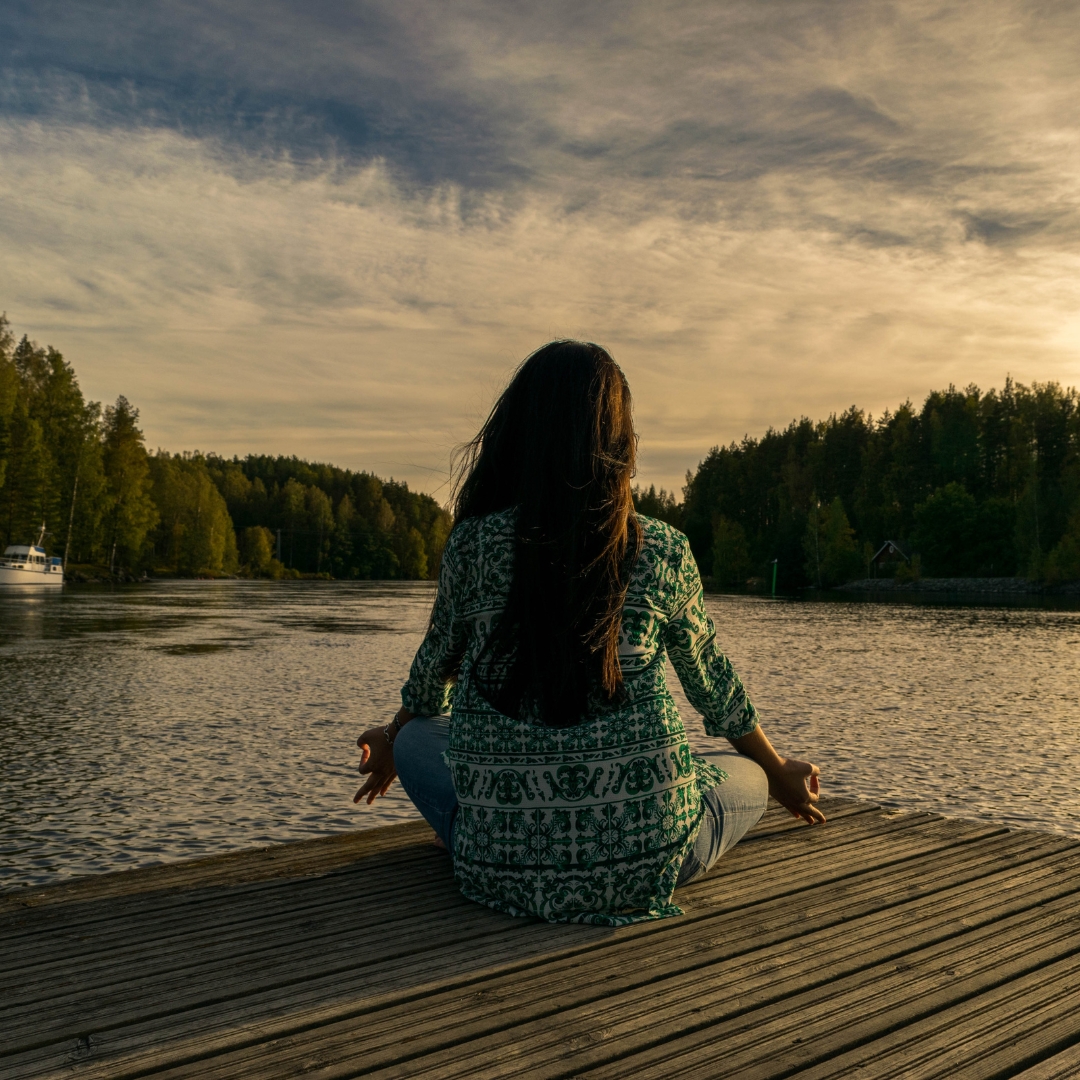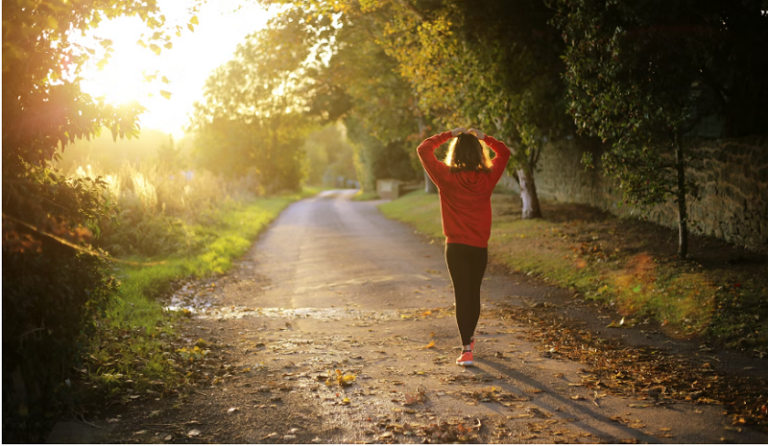
How to Find Relaxation
In today’s fast-paced world, finding moments of relaxation can feel like a luxury. Constant demands from work, family, and social obligations can leave us feeling overwhelmed and stressed. However, incorporating relaxation techniques into our daily lives is crucial for maintaining good mental health. When we take time to unwind and recharge, we’re better equipped to handle life’s challenges with clarity and resilience. In this blog post, we’ll explore ten practical tips to help you find relaxation and boost your overall well-being.
1. Practice Deep Breathing
Deep breathing is a simple yet effective way to calm the mind and body. Find a quiet space, sit comfortably, and focus on taking slow, deep breaths. Inhale through your nose, feeling your belly expand, and exhale through your mouth, letting your belly deflate. Repeat this for several minutes, and notice how your body relaxes with each breath.
2. Engage in Mindfulness Meditation
Mindfulness meditation involves being fully present in the moment, without judgment. Find a comfortable position, close your eyes, and bring your attention to your breath or a specific sensation in your body. When your mind wanders, gently bring it back to the present. Aim for 5-10 minutes per day, gradually increasing the duration as you become more comfortable with the practice.
3. Take a Nature Walk
Spending time in nature can have a calming effect on the mind and body. Take a walk in a park, forest, or along a beach, and engage your senses. Notice the colors, sounds, and smells around you. Breathe in the fresh air and let the natural environment soothe your soul.
4. Create a Relaxing Bedtime Routine
Establishing a consistent bedtime routine can help signal to your body that it’s time to wind down and relax. Include activities that you find calming, such as reading a book, taking a warm bath, or practicing gentle stretches. Avoid screens and stimulating activities close to bedtime, as they can interfere with your ability to fall asleep.
5. Listen to Soothing Music
Music has the power to evoke emotions and alter our mood. Create a playlist of calming, instrumental music or nature sounds and listen to it during moments of stress or when you need to unwind. Experiment with different genres and find what works best for you.
6. Engage in Gentle Stretching or Yoga
Gentle stretching or yoga can help release physical tension and promote relaxation. Focus on slow, mindful movements that feel good for your body. Pay attention to your breath and how your muscles feel as you move. If you’re new to yoga, consider taking a beginner class or following along with a guided video.
7. Practice Gratitude
Cultivating gratitude can shift your focus from stress to the positive aspects of your life. Take a few moments each day to reflect on what you’re grateful for, whether it’s a supportive friend, a delicious meal, or a beautiful sunset. You can write these things down in a gratitude journal or simply reflect on them silently.
8. Engage in a Hobby You Enjoy
Engaging in a hobby you genuinely enjoy can be a great way to relax and unwind. Whether it’s painting, gardening, reading, or playing a musical instrument, immersing yourself in an activity you find fulfilling can provide a much-needed break from daily stressors.
9. Limit Caffeine and Alcohol
While it may be tempting to reach for a cup of coffee or a glass of wine to relax, excessive caffeine and alcohol can actually disrupt sleep and contribute to feelings of anxiety. Aim to limit your intake of both, especially in the evenings, to support better relaxation and overall mental health.
10. Seek Professional Help if Needed
If you’re struggling with persistent stress or anxiety, consider seeking help from a mental health professional. A therapist can provide personalized strategies and support to help you manage your symptoms and find healthy ways to relax and unwind.
Conclusion
Finding relaxation is essential for maintaining good mental health and overall well-being. By incorporating these ten practical tips into your daily life, you can create a toolkit of relaxation techniques to help you manage stress and find moments of peace.
Remember, everyone’s path to relaxation is different, so experiment with different approaches and find what works best for you. With consistency and dedication, you can cultivate a more relaxed, resilient mindset that serves you well in all aspects of life




